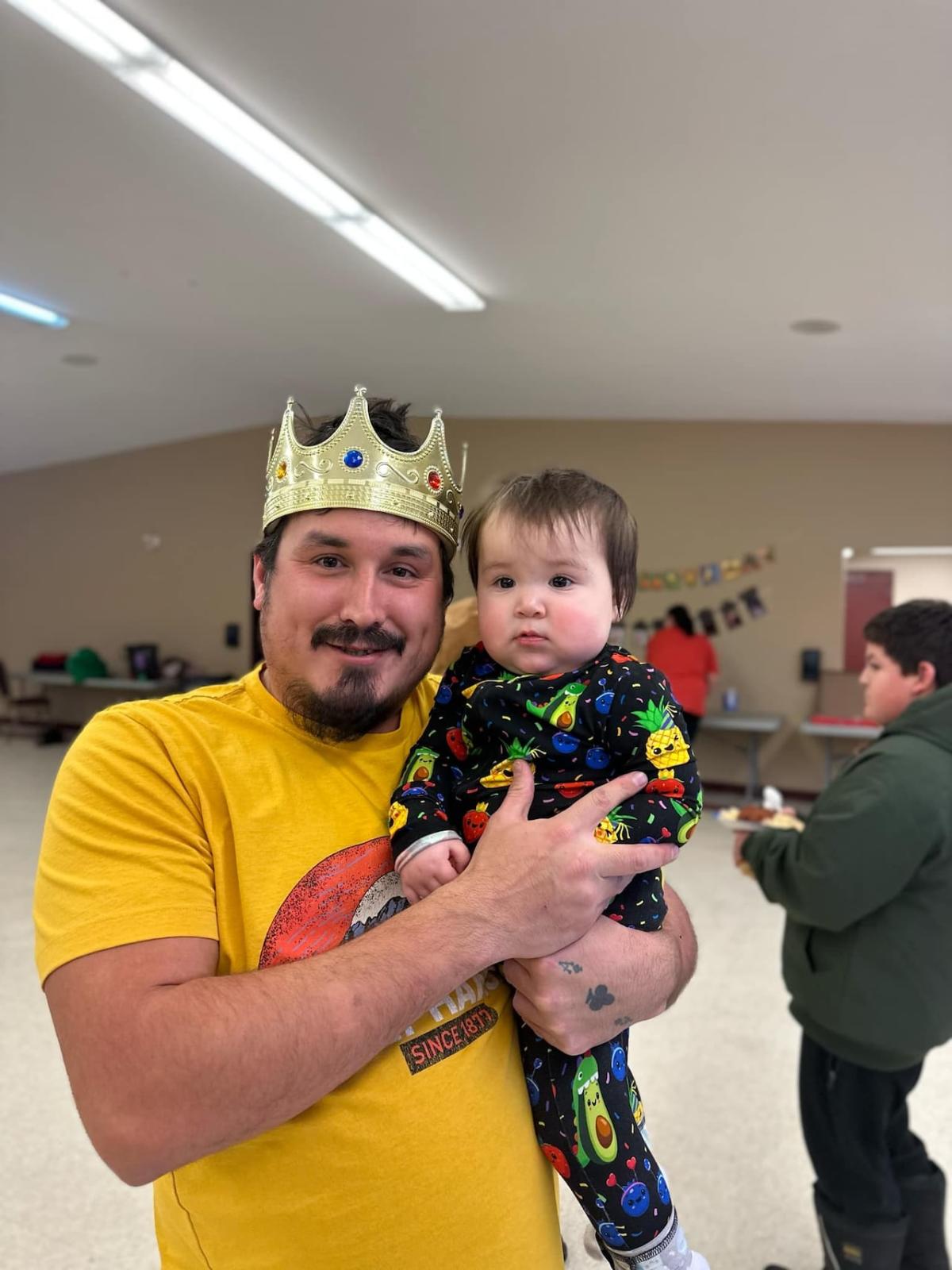New Brunswick RCMP are disputing that a call resulting in the shooting death of a 34-year-old Elsipogtog First Nation man was a “wellness check.”
Steve (Iggy) Dedam was shot by an RCMP officer Sept. 8 in the community north of Moncton.
Dedam’s family have told media that police were called for a wellness check, a characterization the agency investigating the shooting had agreed with Thursday.
But it’s a characterization the RCMP say, without offering further explanation, is wrong.
Assistant Commissioner DeAnna Hill, the New Brunswick RCMP’s commanding officer, issued a statement Thursday “to clarify that information circulating that this call was a wellness check is inaccurate.”
The RCMP said on Friday they wouldn’t answer questions about why that description is inaccurate, how the Mounties define a wellness check, or how a wellness check differs from the call received Sunday that Hill described as being about “a suicidal male armed with a weapon.”
“Out of respect for the integrity of the independent review, the NB RCMP will not provide any additional comments or explanations related to the ongoing investigation,” Cpl. Hans Ouellette, a spokesperson for the force, said in an email.
On Monday, RCMP directed various questions to the Serious Incident Response Team, which is investigating whether the officer’s actions were a crime.
Erin Nauss, the agency’s director, was asked Thursday whether the initial call could be described as a wellness check.
“That’s what we understand from the information that we’ve received as well, is that the RCMP were responding to what they call a wellness check, yes,” Nauss said.
On Friday, Nauss said she now knows RCMP do not consider it a wellness check.
“I can’t speak to RCMP policy and terminology, but I do understand from the RCMP, and their statement as well, that’s not what they call a wellness check,” Nauss said.
Wellness checks generally refer to when police are called by someone with concerns about a person. It’s unclear who called the police about Dedam.
Statement details vary
Statements issued by SIRT and the RCMP since Sunday have varied in the details given, such as whether Dedam had more than one weapon.
The first news release from SIRT said that initial information suggests officers were approached by a man carrying “weapons,” though the RCMP news release issued shortly after said he had a “weapon.”
The initial RCMP release said the man was reportedly in “mental distress,” but the commanding officer’s statement Thursday describes him as “suicidal.”
The RCMP’s first news release makes no reference to the use of a Taser, though the SIRT release says one of the two responding officers attempted to use the less-lethal weapon.
The SIRT news release said when the Taser wasn’t effective, a second officer shot the man.

Chantel Moore, left, and Rodney Levi were shot and killed in separate police shootings in June 2020. (CBC)
Dedam is the third Indigenous person shot and killed by a police officer in New Brunswick in four years.
The deaths of Chantel Moore and Rodney Levi, in June 2020, during wellness checks led to protests and calls for an inquiry into systemic racism in the justice system. The provincial government did not call that inquiry. The call for an inquiry arose again this week after Dedam’s death.
The year Levi and Moore died saw wellness checks, and whether police should carry them out, come under increased scrutiny.
In July 2020, the independent watchdog for the RCMP said it frequently had concerns about Mounties’ “unreasonable use of force” during mental health wellness calls.
The chair of the Civilian Review and Complaints Commission said in a statement that its findings have highlighted concerns about an authoritative style of dealing with a non‑compliant person.
The statement from Michelaine Lahaie said the commission understands it is sometimes necessary for police to answer calls about people in crisis, but said mental health professionals should lead the response with police in a supporting role.
A 2021 report on systemic racism in policing, by the House of Commons’ public safety committee, touched on wellness checks. It recommended the commission carry out a review of RCMP policies and practices, such as wellness checks, and develop a timeline for changes “to end police violence and ensure the safety and security of those in need of mental health support.”
A 2022 report by the commission said the Mounties lacked a national policy on wellness checks, “leading to concerns that they might not be carried out in a consistent and reasonable manner.”
It recommended the policy address whether the RCMP is the correct resource to conduct wellness checks, whether one is actually required, and how to conduct it.
The RCMP agreed with the finding and said a policy was under development. The RCMP’s website suggests it implemented the commission’s recommendation in early 2023.
CBC has requested information from the RCMP about the implementation of the recommendation.

